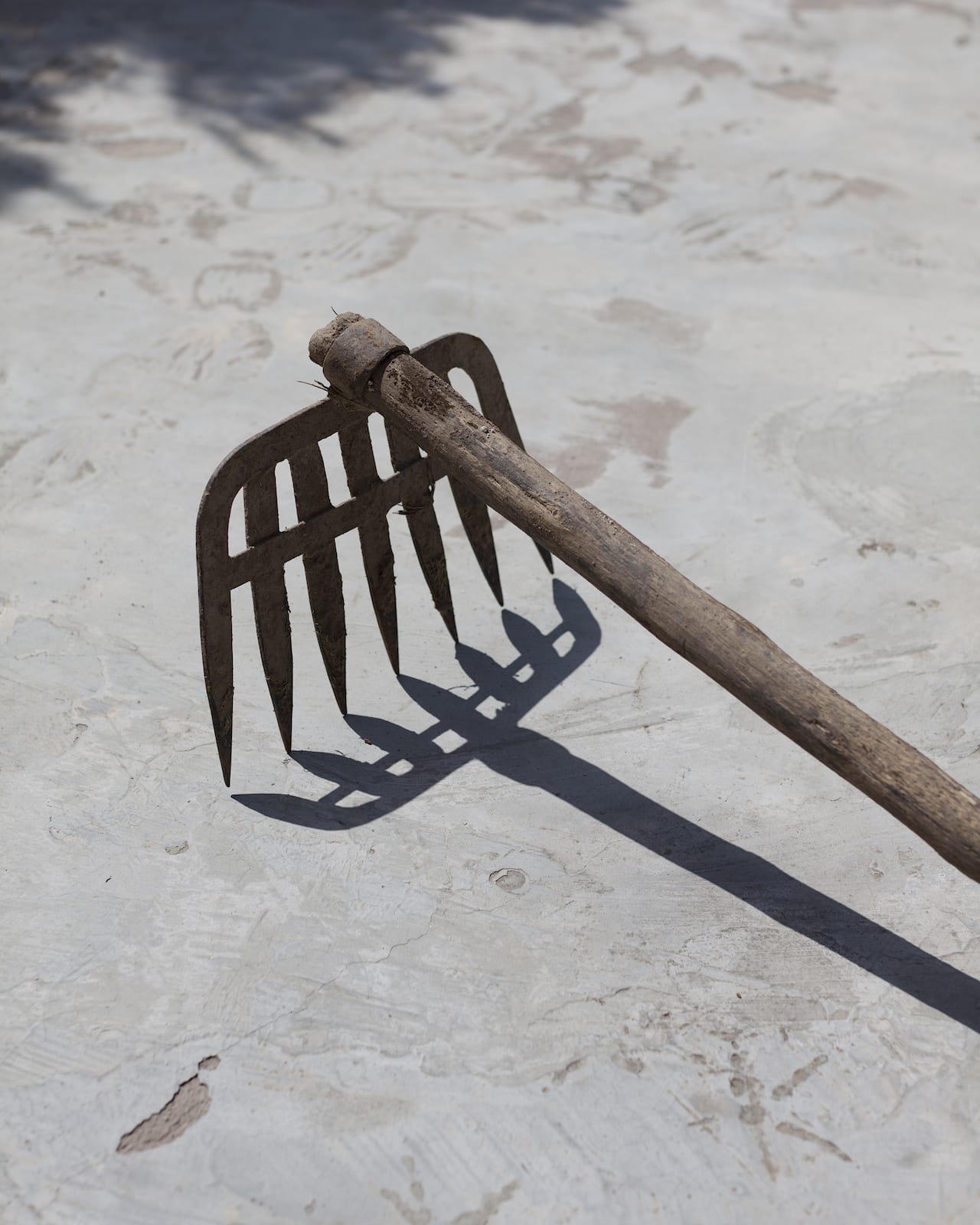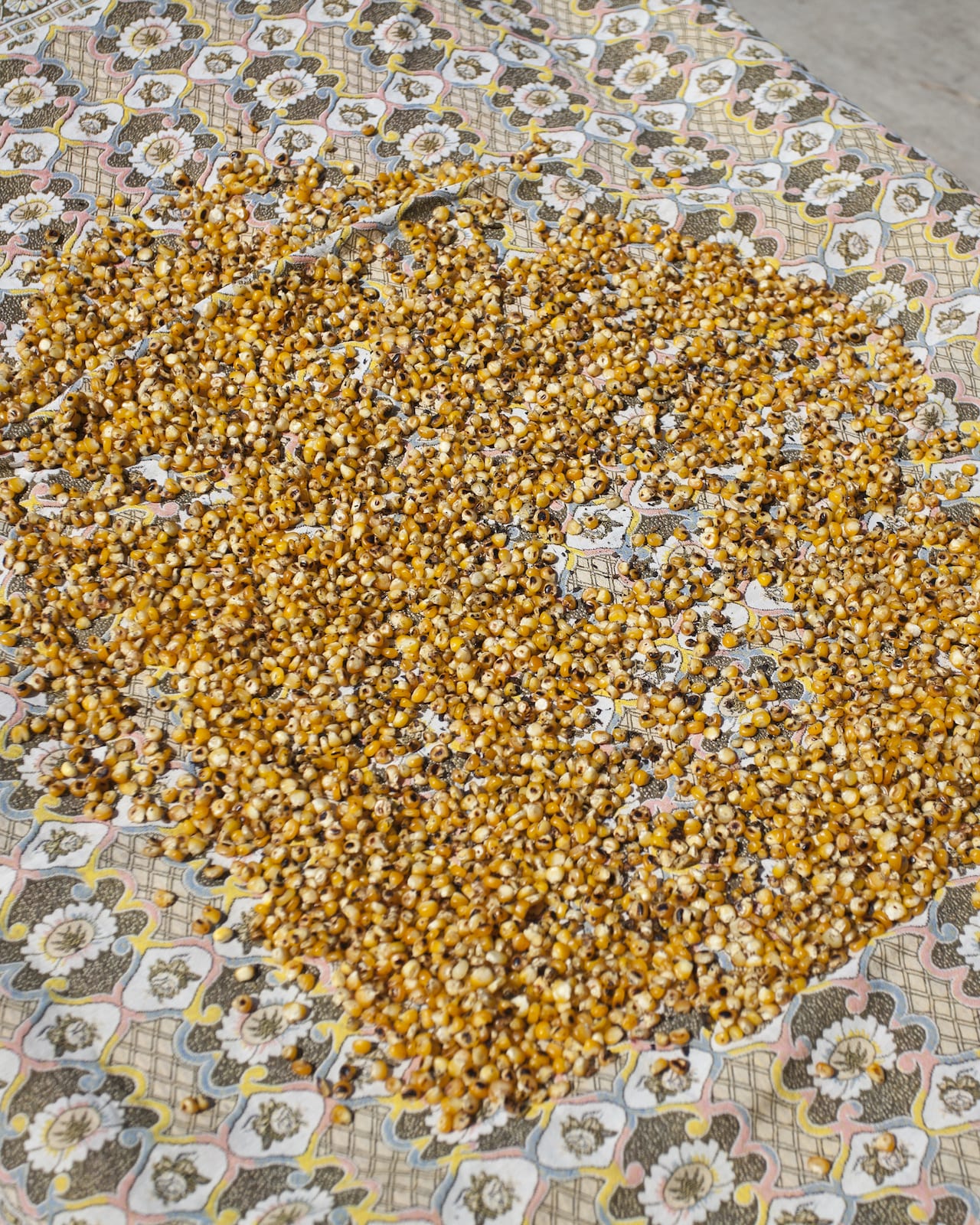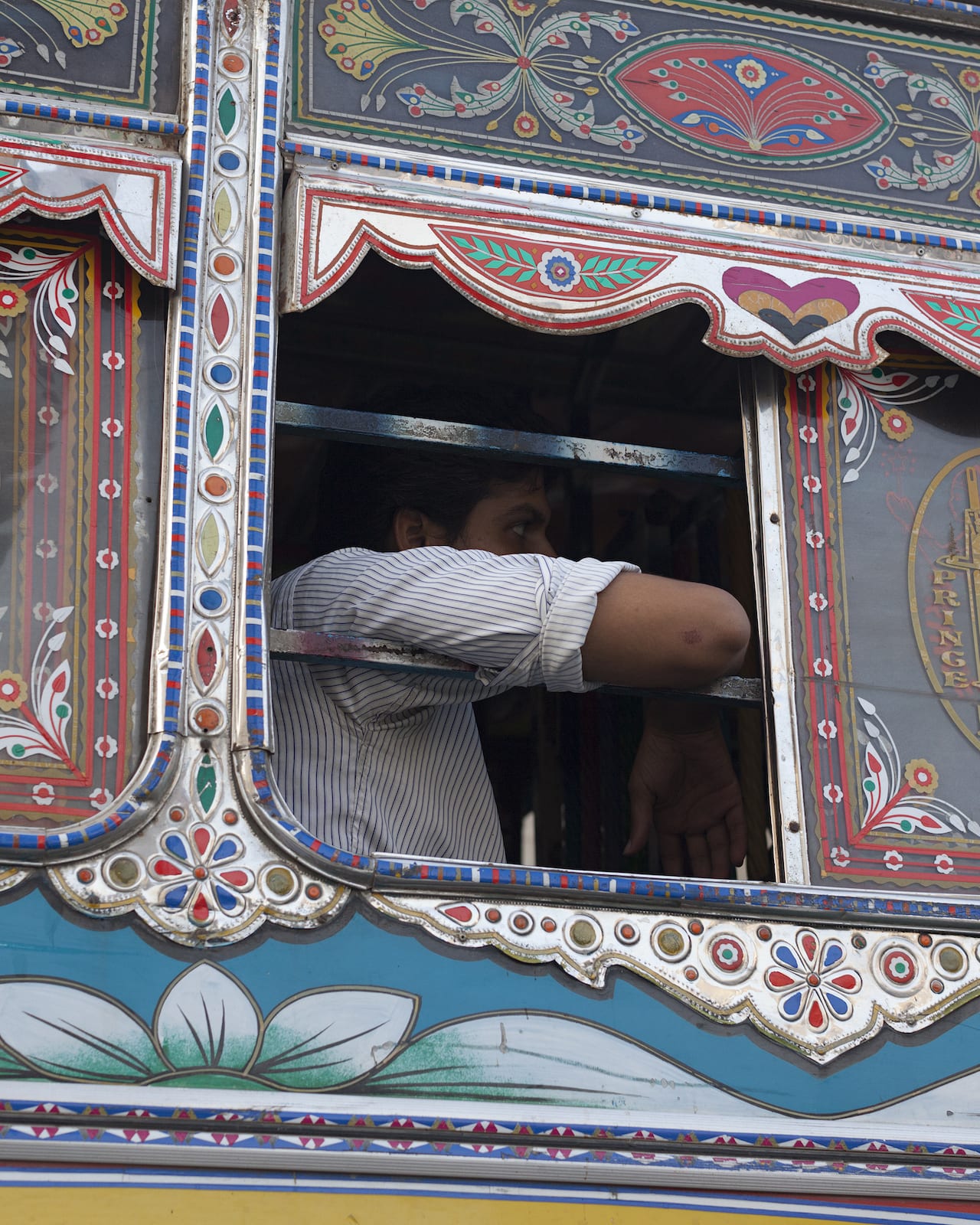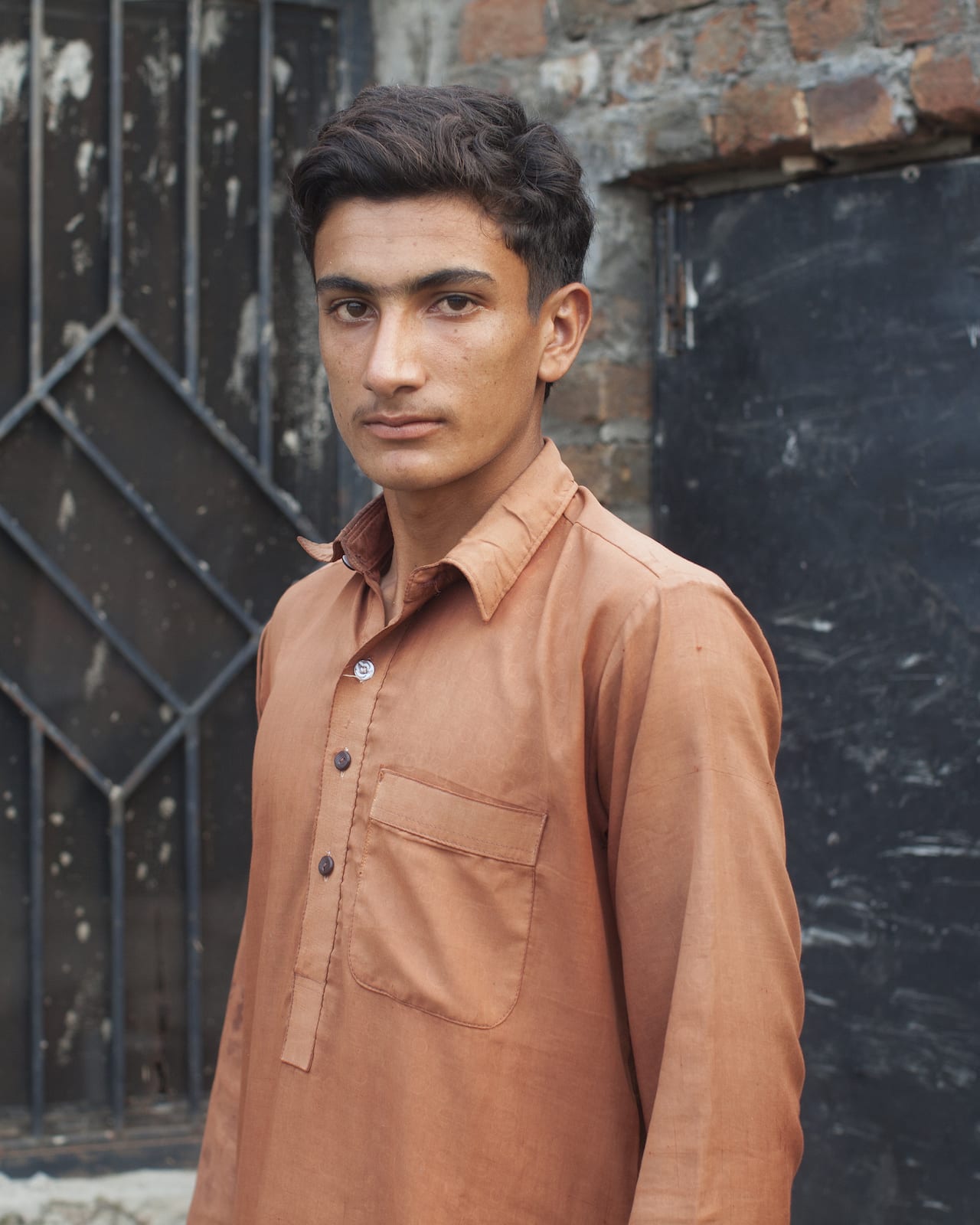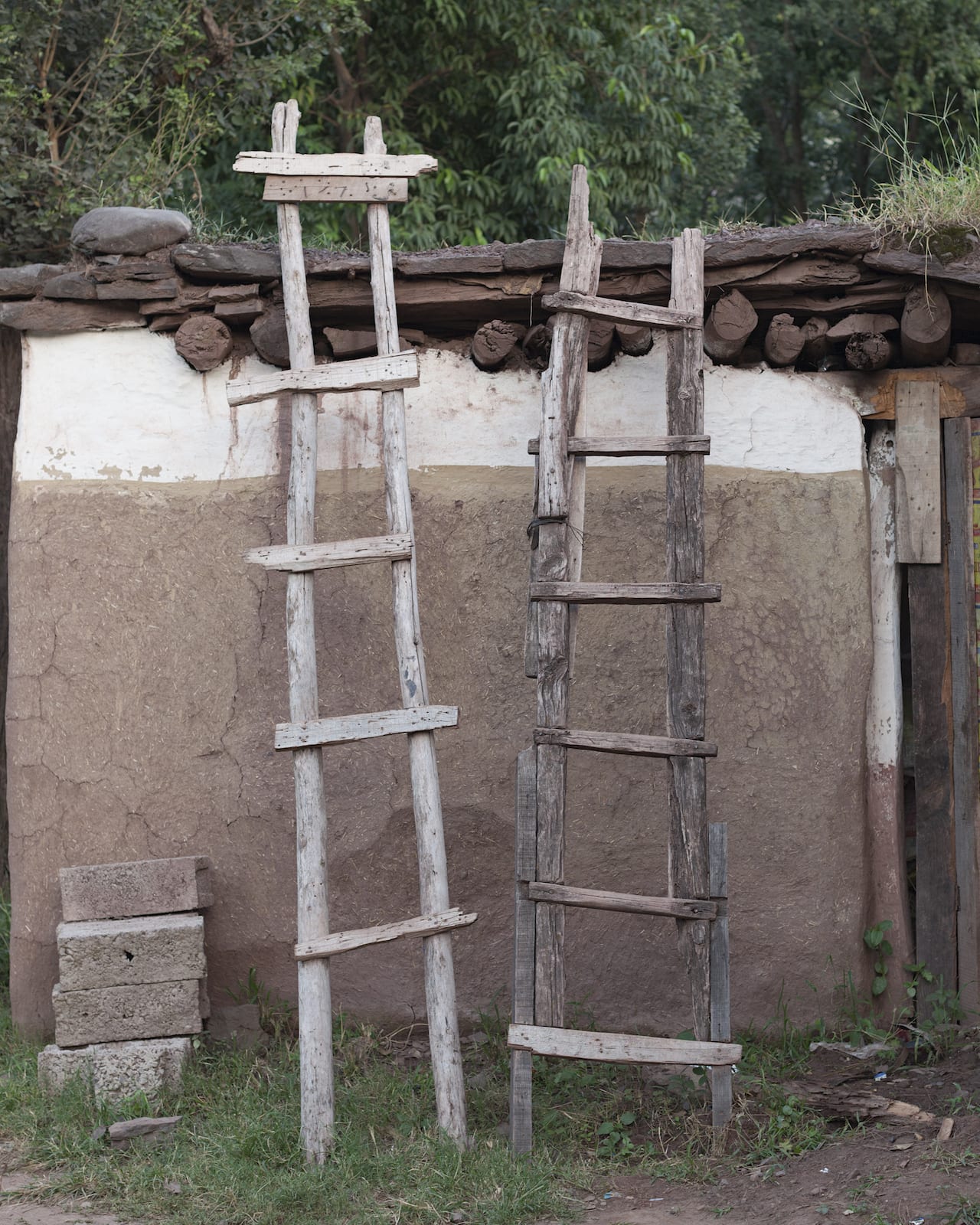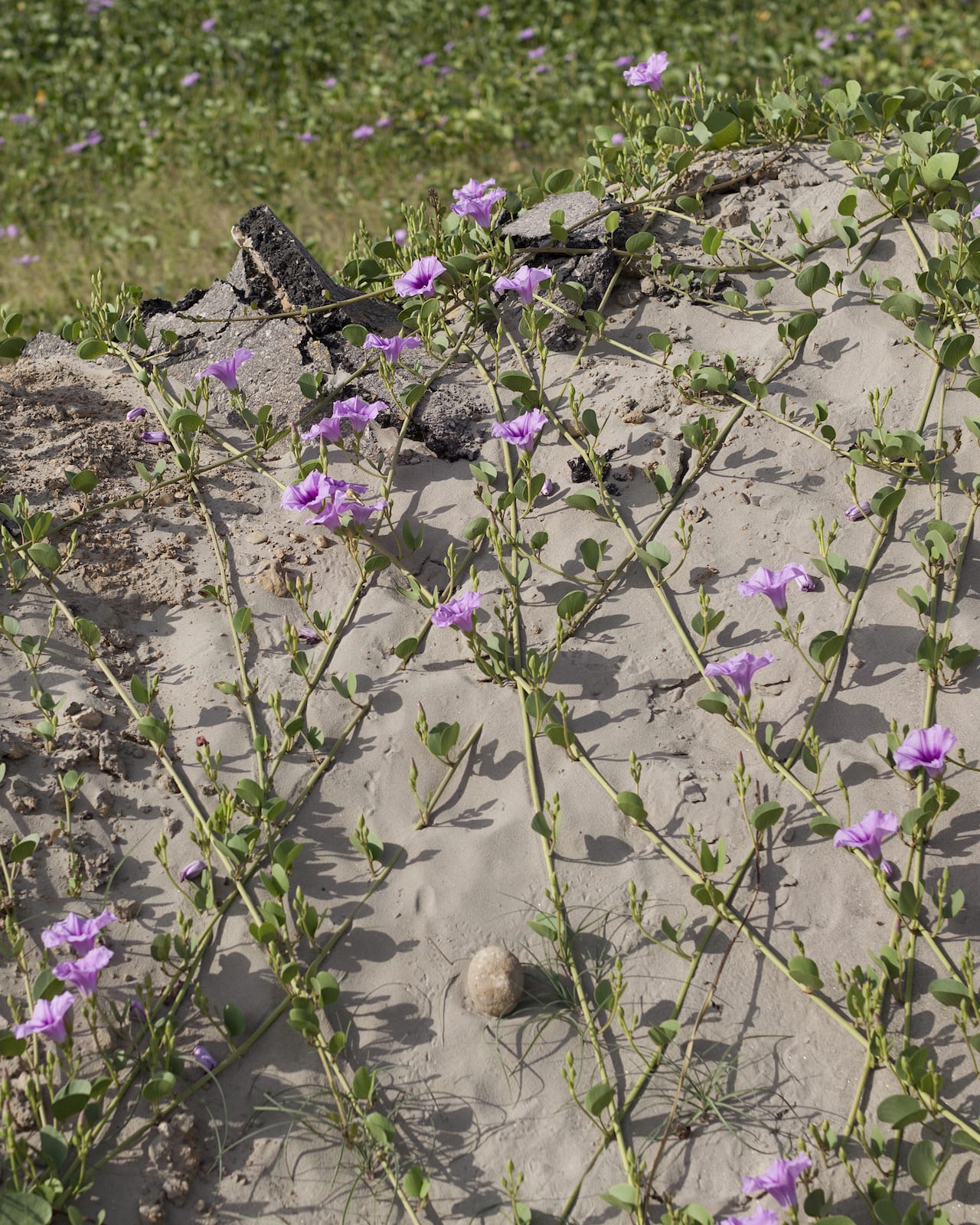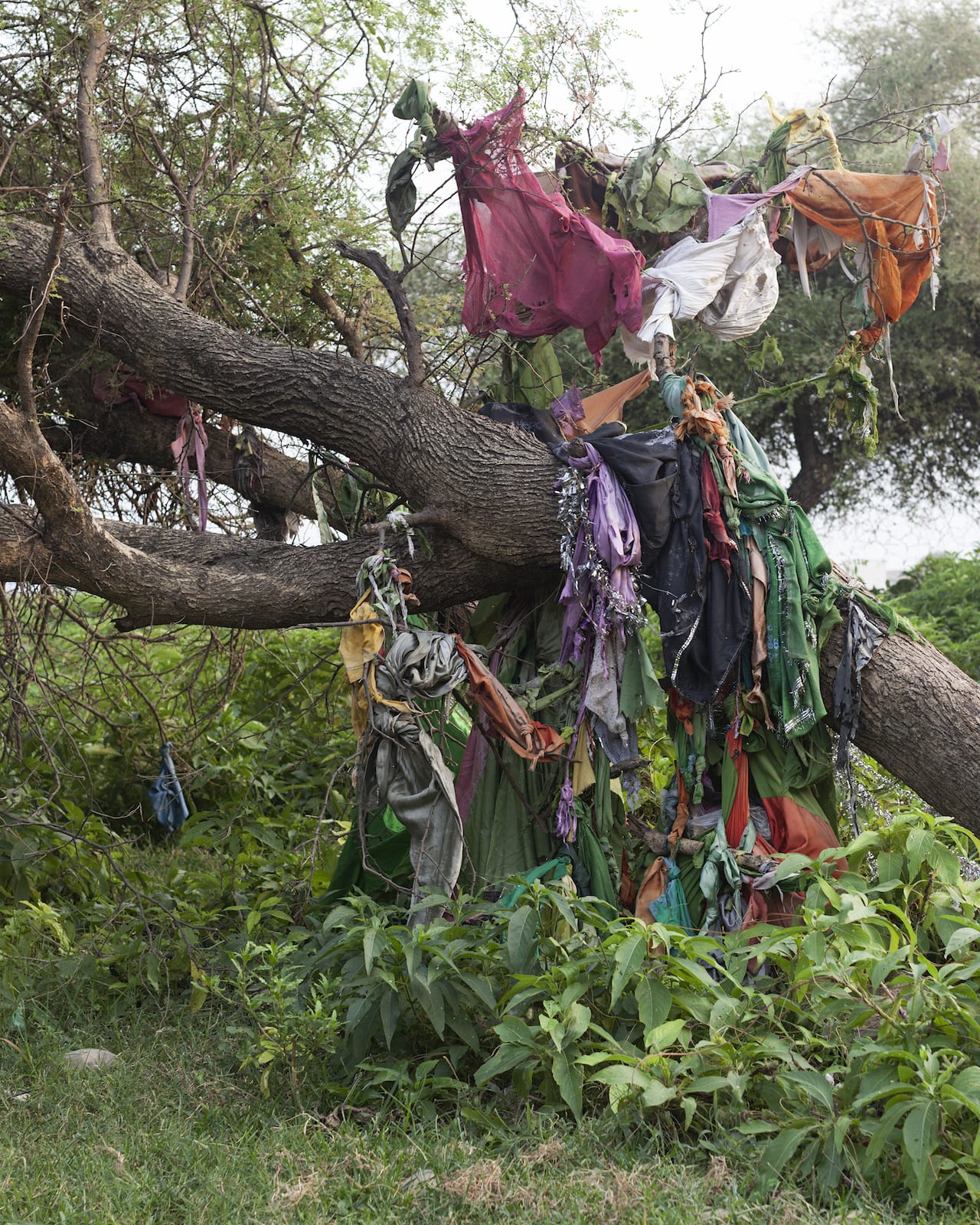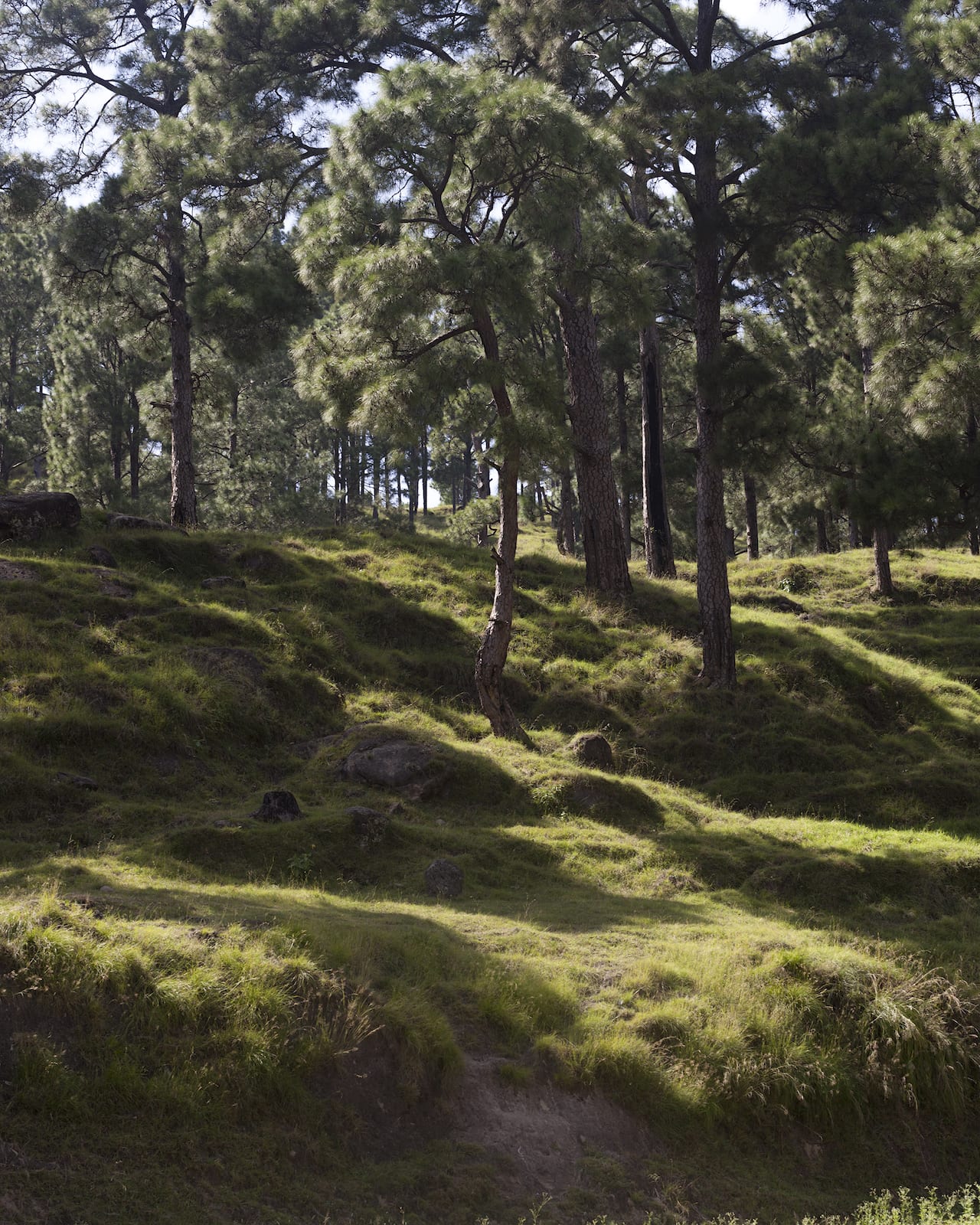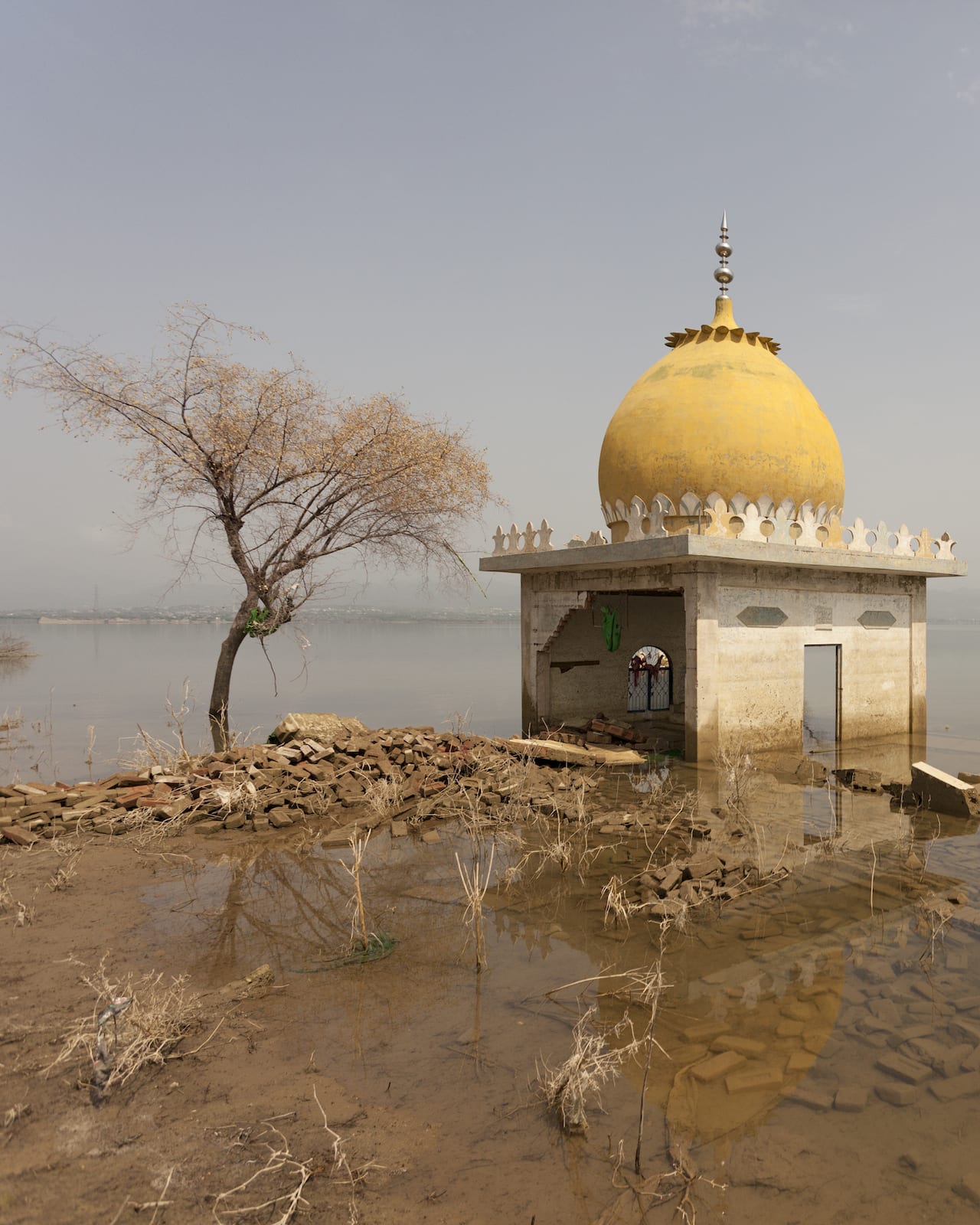For the majority of his childhood in South Birmingham, Mahtab Hussain was harassed for the colour of his skin. Constantly pestered by children at school, he was even heckled on the street by strangers yelling out their car windows. “I didn’t really see my own colour as a problem, but for 10 years of my life it became a huge issue,” he says.
The title of his new book, Going Back Home To Where I Came From, is inspired by the racist insults he endured growing up. The project is a document of his trip to Kashmir in 2016, where he spent three weeks in his mother’s rural hometown, Kotli.
Hussain retraced his mother’s childhood by walking through the same cornfields, and visiting the stream she played in as a young girl. “It was about collecting memories,” he says. “For me, it was time to find out if I would have this sense of belonging, or find some sense of home for me in Kashmir.”
Hussain’s grandfather came to England with his father in the late 1960’s; his father then married his mother a few years later, and the couple initially settled in Glasgow. Hussain was raised on romanticised stories about Pakistan’s mountains and lakes, and the carefree lifestyle his parents had led there – a huge contrast from 1970’s working class life in the UK.
“I went out there to see what my life would be like if my parents hadn’t moved to the UK,” he explains. “If I saw a boy in the stream, I could have been that boy. I could have lived rather than having to duck and dive all the violence and racism in my life.”
Hussain met his Kashmiri family for the first time, spoke to them in Urdu, and listened to stories about his parents growing up. He began to fall in love with the idea that Kashmir could one day be part of his own identity.
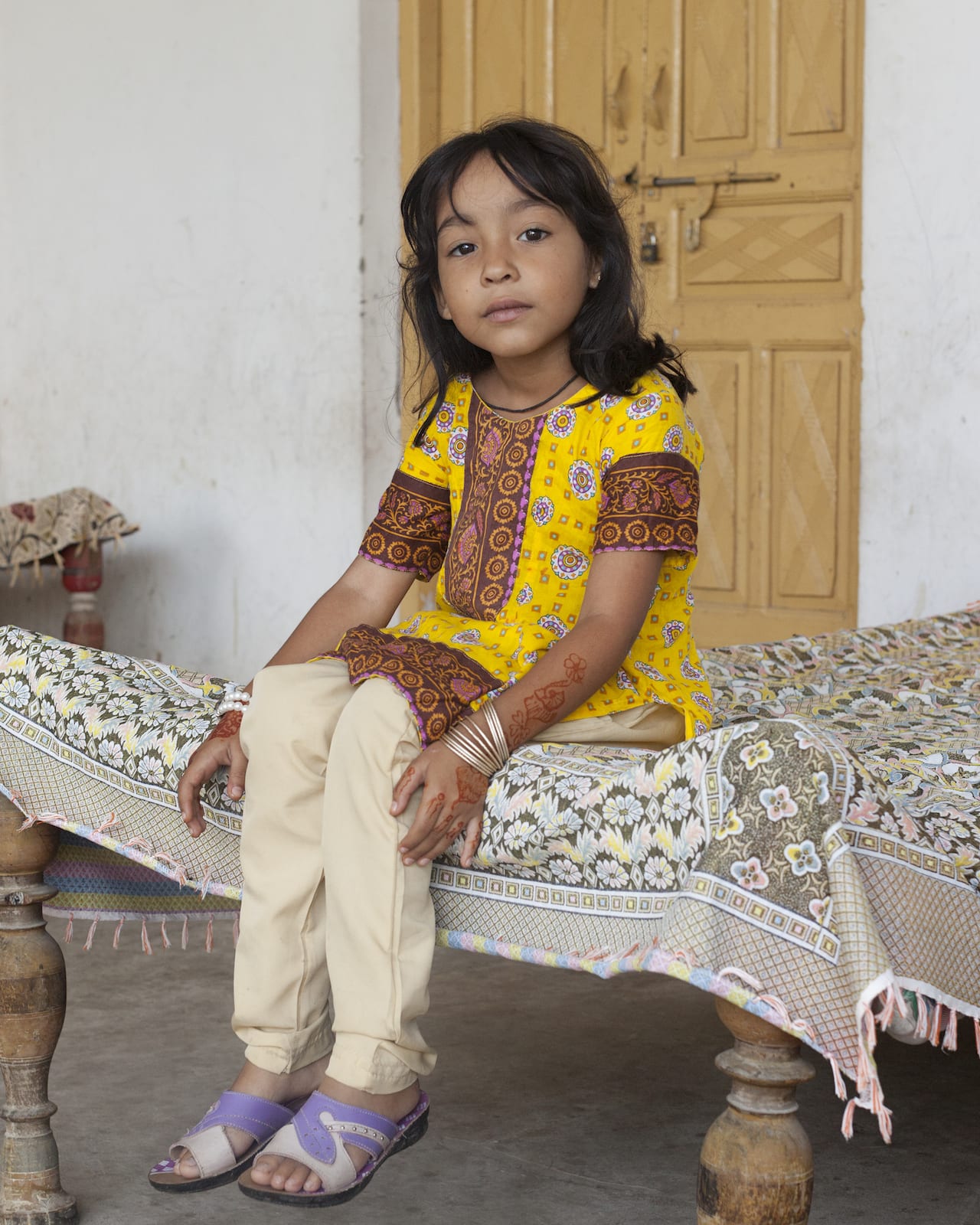
For Hussain, the trip was transformative. “Everything felt right,” he says. “My body felt right, the heat, the food tasted amazing. Everyone thought I was the rich boy, coming from England, but they were so rich in ways that I had never experienced before”.
But the bubble didn’t last for long. After vocalising his sense of belonging to a cousin, he was met with a cold response that Kashmir would never be his home, because England was. “I kind of knew that would happen,” says Hussain, who has found through previous projects on multiculturalism that second- and third-generation immigrants often feel this sense of insecurity.
“My practice is trying to talk about hybridity and not to feel like you have to have one or the other,” he says. “If someone asks me where I come from I always just say I am a human being. Labelling is not important, it’s about where your emotions lie”.
www.mahtabhussain.com Mahtab Hussain’s Going Back Home To Where I Came From is on show at The New Art Gallery Walsall until 02 September https://thenewartgallerywalsall.org.uk The book Going Back Home To Where I Came From is published by Ikon, priced £20 www.ikon-gallery.org
Read BJP’s interview with Mahtab Hussain on his previous series You Get Me? https://www.1854.photography/2017/11/mahtab-hussains-you-get-me/
